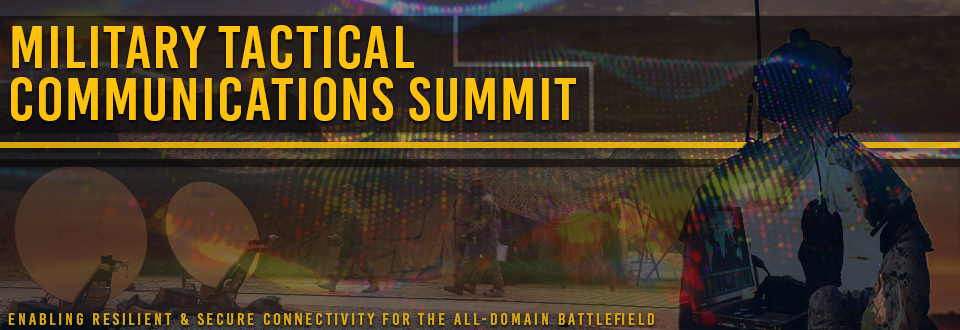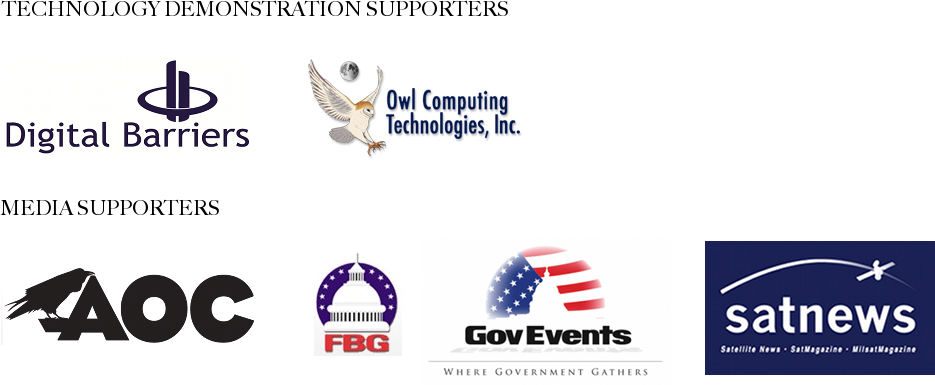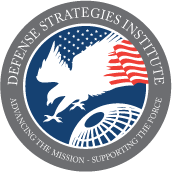Why should you attend the Summit?
2013 Confirmed Subject Matter Expert Speakers Include but are not limited to:
-
* Dr. Ronald Jost, DASD, C3 & Cyber
-
-
* Mr. Martin M. Westphal, Vice Director C4/Cyber, Joint Staff, J6
-
-
* Mr. Terry Edwards, SES, Director, (SoSE&I) Directorate, ASA(ALT)
-
-
* COL Mark Elliott, USA, Director, HQ G 3/5/7, LandWarNet/ Mission Command
-
-
* Col Peter Reddy, USMC, PM, MAGTF Command, Control, Communications, MCSC
-
-
* COL Edward Swanson, USA, PM WIN-T, PEO C3T
-
-
* Dr. Wayne Phoel, PM, STO, DARPA
-
-
*Mr. William Jackson, Chief, AFC2IC LO National Capital Region
( Download the agenda for full speaker roster)
___________________________________________________________________________________
Today’s U.S. military services and defense agencies must accelerate the development and fielding of initiatives focused on the agile approach to modernizing secure, networked, and interoperable tactical communications systems.
Military communications networks are by definition dynamic, under stress and vitally important. Real-time Situational Awareness drives real-time Command and Control.
Recent efforts have fielded potential capabilities for brigade and battalion-level leaders to plug into the network while on the move and equip soldiers at the squad level with capabilities for sending and receiving voice and data communications over the network.
The achievement of a network-centric battelfield has driven such technologies as software defined radios networking voice, data and information across deploying units in austere environments, which has reduced the need to rely upon a “fixed” infrastructure or GPS system to communicate across the unit while on the move. SATCOM technologies like the MUOS satellite will soon allow for enabled secure, mobile networked communications worldwide.
While the technical enablers for this concept of communictions on-the-move are rapidly maturing, the operational challenges are quickly coming to the forefront. Challenges including waveform and signal processing, security, jamming/anti-jamming techniques along with a vast list of distinct operational requirements for the technologies has challenged military leaders to critically analyze next-steps in moving communication technologies forward.
To this end identifying the parts of the communications process that are the most suitable to maximize efficiency and effectiveness is paramount.
_____________________________________________________________________________________




